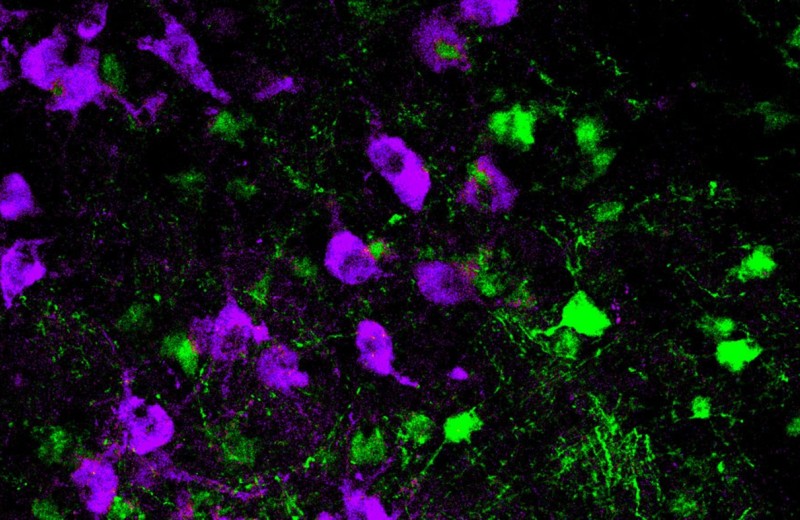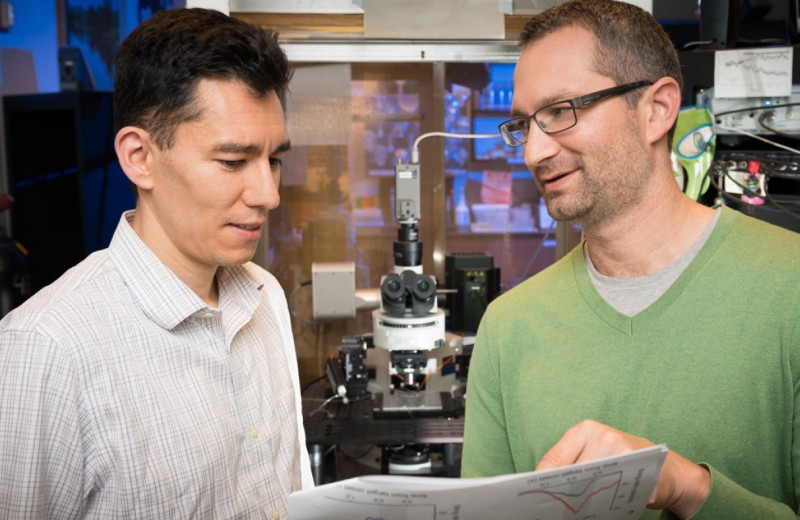Young Scientists Committed to Finding Treatments for Neurodegenerative Diseases
Young Scientists Committed to Finding Treatments for Neurodegenerative Diseases
The 2020 Berkelhammer Scholars break new ground in research on dementias, Parkinson’s disease, and neuropsychiatric disorders
Donor Stories Parkinson’s Disease Alzheimer’s Disease Dementia Neurological Disease Akassoglou Lab Kreitzer Lab Mahley Lab Mucke Lab Nakamura Lab









